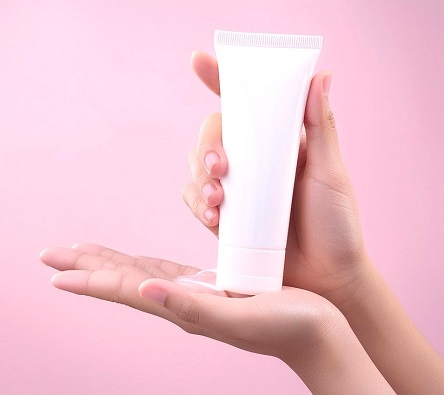A Sensitive Skin Guide to Using Active Ingredients Safely
 If you have sensitive skin, you know the pain of using active ingredients. Various chemicals are great at treating certain skin concerns, but are extremely challenging to use with sensitive skin.
If you have sensitive skin, you know the pain of using active ingredients. Various chemicals are great at treating certain skin concerns, but are extremely challenging to use with sensitive skin.
Knowing your way around certain active ingredients can help prevent any negative effects they have on your skin. If you have sensitive skin, keep reading this short guide to using active ingredients safely.
Understanding active ingredients and their impact on sensitive skin
Various active ingredients, like retinoids, alpha hydroxy acids (AHAs), and beta hydroxy acids (BHAs), are powerful compounds useful for battling a whole host of skin issues. Unfortunately, due to their potency, they also react poorly with sensitive skin.
Due to the damage these compounds can cause if not used carefully, it’s essential you understand how they can affect your skin. For instance, AHAs can cause skin irritation and redness, among other effects, especially if used alongside other AHAs.
Identifying and avoiding common irritants
Many common skincare ingredients can react badly to sensitive skin. Whether it’s fragrances, alcohol, or a harsh exfoliant, any of these can quickly increase your skin’s sensitivity.
We recommend reading the ingredient labels and avoiding any products with these irritants in them. Even if you don’t see an immediate reaction, frequent use over time can lead to long-term damage.
Incorporating retinal products into your routine
While they might seem similar, retinol and retinal are two different products. A vitamin A derivative that offers similar benefits, retinal is often more easily tolerated by sensitive skin.
It also has a high efficacy in promoting cell turnover and improving skin texture. These benefits make it suitable for those seeking anti-ageing solutions without the drawbacks of skin irritation.
Introducing active ingredients gradually
Even if you have sensitive skin, you can still use active ingredients in your skincare routine, you just have to introduce them gradually. To minimize the risk of irritation, you’ll want to pick a single ingredient and start adding it in low concentrations. Over time, you can gradually increase usage and improve your tolerance.
You may find that you can’t use certain ingredients above certain concentrations. That’s absolutely fine, everyone is different, and our skin has different limits. Instead, you can try using other products and building your resistance with those instead.
Choosing the right active ingredients for sensitive skin
Not all active ingredients are created equal, especially for sensitive skin. Instead of using the harsher glycolic acid, why not opt for the more gentle lactic acid? Additionally, just because you react to topical application doesn’t mean you’ll react to another method. Taking retinoids in capsule form can provide many of the same benefits, without causing skin irritation.
No matter what ingredients you want to take, there is almost always a solution that will work for you. And if you’re struggling with a particular issue, you can always consult a trusted medical professional.